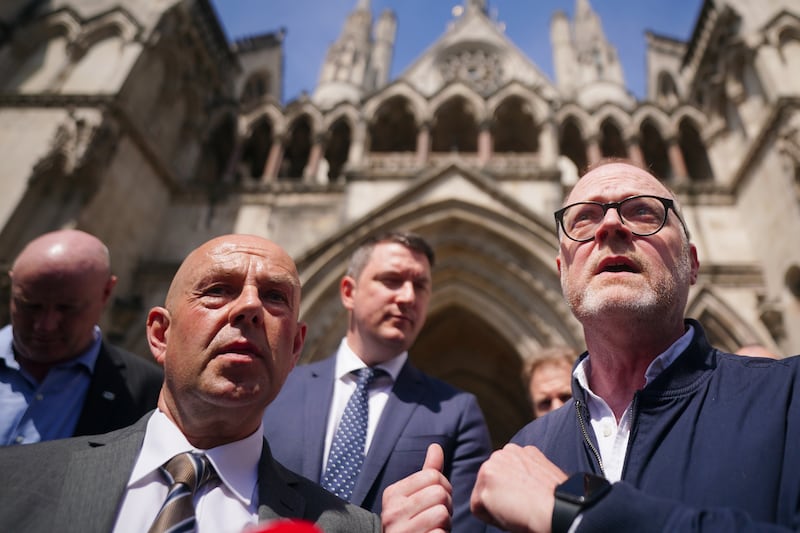James Brokenshire has convened a further round of talks on Monday in a bid to get the devolved structures back up and running but there is little sense that a deal is within reach.
In fairness, the secretary of state has limited options available to him and calling the parties together is certainly better than the vacuum that currently exists.
He is also right to say there is no great appetite for another election, which is another option available to him, while imposing direct rule would be regarded as the option of last resort.
However, while there is stalemate on the political front, attention is turning to the impact suspension is having on public services.
David Sterling, permanent secretary at the department of finance, formally took control of public spending on Wednesday and will release cash and resources to government departments until a new administration is in place.
But there are limits to what civil servants can do and Mr Sterling made it clear that the prioritisation and allocation of financial resources is a matter for ministers.
It is one thing to keep public services ticking over - and that is essential in the short term - but there are key areas that need reform, direction and the strategic approach that comes from a minister.
Perhaps the most crucial area where a lack of direction will be sharply felt is in the health service.
We all know that matters have not been going well and there were hopes that the Bengoa report would drive forward the sort of fundamental change that is urgently needed.
Warning bells have been sounded for a very long time about problems in our healthcare system, from GP services, to emergency units to waiting times for operations.
It is a growing crisis that has serious and direct consequences for patients across the north.
As we report today, a pensioner was forced to wait 40 hours on a trolley at the accident and emergency department of Antrim Area Hospital in January this year.
This is plainly unacceptable in a modern health service but unfortunately the situation in relation to trolley waits appears to be getting worse rather than better, according to official figures which are frankly alarming.
The question is what is being done to tackle the recognised difficulties in recruitment and retention of staff as well as addressing issues such as bed blocking and the provision of community care.
Our healthcare system is under intense pressure and any further delay in delivering reform can only exacerbate an already acute problem.






